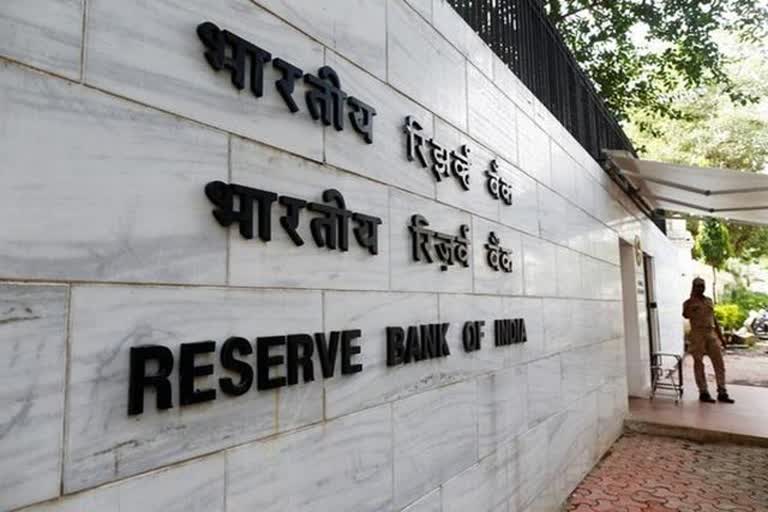New Delhi: After being rapped by the Supreme Court, the Reserve Bank of India (RBI) is likely to withdraw its 2016 policy of non-disclosure of information on big loan defaulters under the Right to Information (RTI) Act.
The move will allow the central bank to disclose the annual inspection reports of the banks and the list of wilful defaulters under the RTI Act.
The Supreme Court on Friday ruled that the RBI was duty bound to disclose information related to wilful defaulters.
The banking regulator has not officially responded to the SC order so far. Sources said the RBI would discuss the SC order to decide the next course of action on disclosure of information under the RTI Act. An email sent to the apex bank did not elicit any response.
The RBI also did not reveal whether it would straightaway share the information sought by the RTI applicants or will seek time to review the SC order before acting upon it.
According to another source, considering that the SC has said it was giving the RBI "one last opportunity", there is not much that RBI could do but abide by the order and withdraw its 2016 application on non-disclosure policy for RTI query. Any laxity will invite contempt of court proceedings against the central bank.
The apex court, while directing the RBI to withdraw its non-disclosure policy, warned that any future violation of the transparency law would be taken "seriously".
The SC held that the RBI's non-disclosure policy was in violation of a top court order passed in 2015, which directed the central bank to disclose information under the provisions of the RTI Act.
Opinions were divided on whether internal assessment reports should be made public.
Former RBI Deputy Governor Rama Subramaniam Gandhi told IANS: "It is a standard practice all over the world that bank supervisors keep the inspection report confidential. Public disclosures can undermine public confidence in the banks through uninformed and out of context interpretations."
Read more:Be more transparent: Supreme Court raps RBI in final warning
He also said that public disclosures will not help the banks recover money from the defaulters.
However, proxy advisory and corporate governance firm InGovern said that the SC order was a war on non-performing assets (NPAs) and that being shareholders of the public sector banks, people had the right to know such information.
"It (the order to disclose information) may not help the banks, but it will definitely help the investors in the banks and the taxpayers in general if they get to know about the wilful defaulters and what exactly the RBI said in the inspection reports. It will surely help the shareholders track down the divergences made by many banks on NPA disclosures," said Sriram Subramanyam, Managing Director at InGovern.
"Taxpayers are the shareholders in PSU banks and they are paying for the wilful defaulters. So they have the right to know what is the quantum of NPAs and who are the wilful defaulters. This should be seen as a war on NPAs," he said.
This is for the second time in a month that the SC has struck down some of the key decisions of the RBI taken during its former Governor Urjit Patel's tenure.
On April 2, the apex court declared RBI's February 2018 NPA circular as "ultra vires," mandating insolvency proceedings.
In that order, the SC quashed the February 12, 2018 RBI circular which gave the lender banks six months' time to resolve their stressed assets or move under insolvency proceedings against defaulters in loans worth over Rs 2,000 crore.
With regard to the non-disclosure policy, the case was filed after the petitioners were denied copies of inspection reports of ICICI Bank, Axis Bank, HDFC Bank and State Bank of India from April 2011 till December 2015. They had sought the same under the RTI Act in December 2015. In January this year, the court had issued a contempt notice to the RBI.




